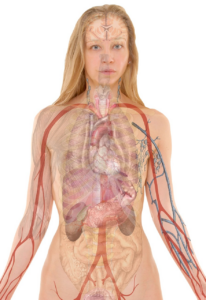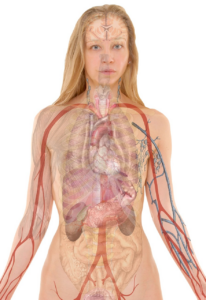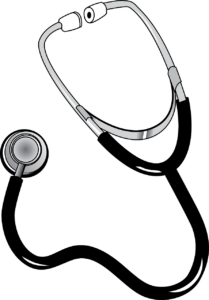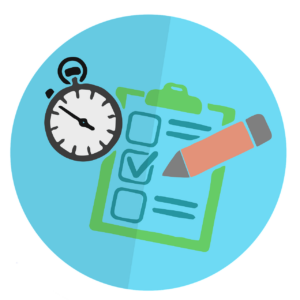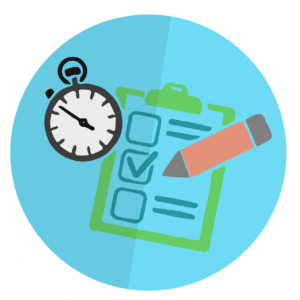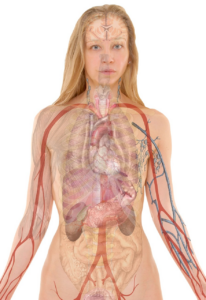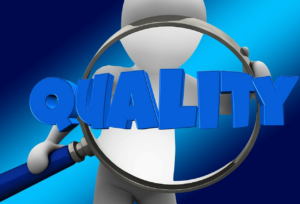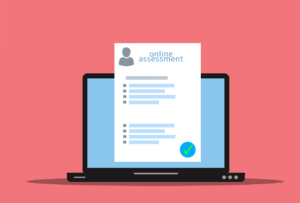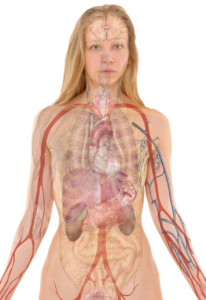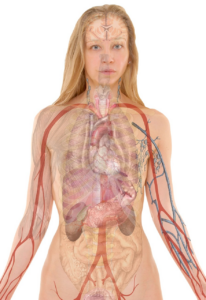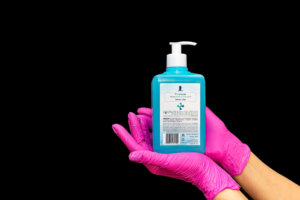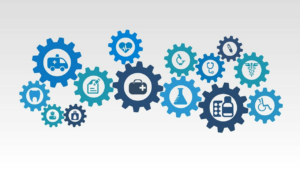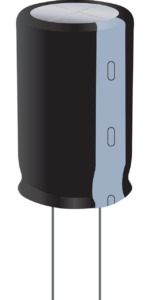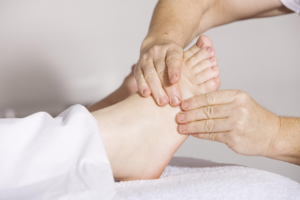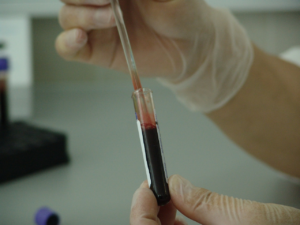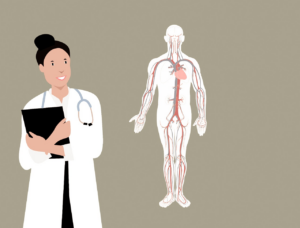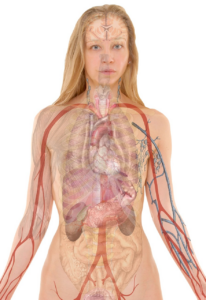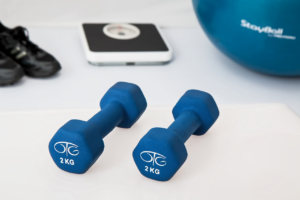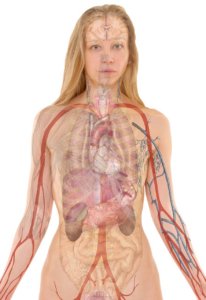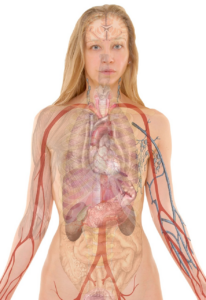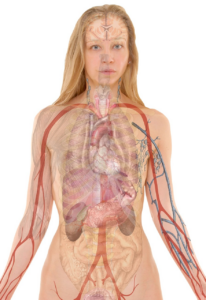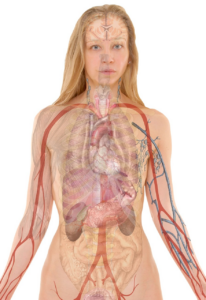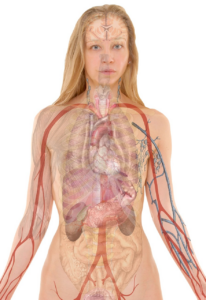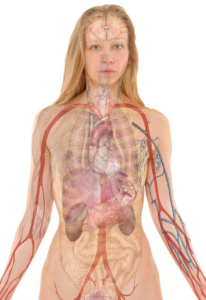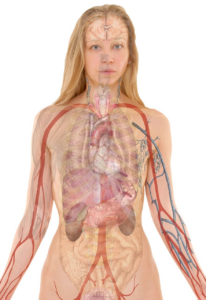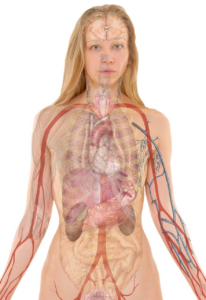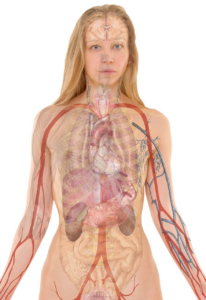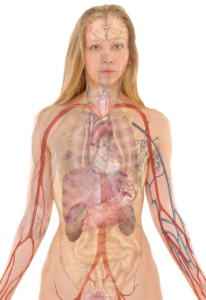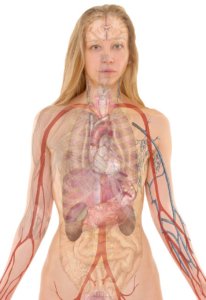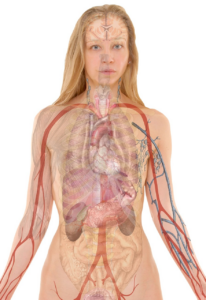Are you preparing to take the NCLEX exam? Understanding nursing fundamentals is crucial to passing the exam and becoming a competent nurse. This article will focus on five essential topics that you must master to excel in your nursing career.
Effective communication is the foundation of nursing practice. As a nurse, you must be able to communicate with patients, families, and other healthcare providers effectively.
Patient assessment is also critical to providing quality care. You must be able to assess patients accurately, gather relevant information, and develop a care plan that meets their needs.
Medication administration, infection prevention and control, and patient safety and quality improvement are also vital aspects of nursing fundamentals that you must understand to pass the NCLEX exam.
Key Takeaways
- Understanding nursing fundamentals is crucial for passing the NCLEX exam and becoming a competent nurse.
- Patient assessment is critical for providing quality care and identifying potential health issues.
- Medication administration, infection prevention and control, and patient safety are vital aspects of nursing fundamentals.
- Effective communication and collaboration among healthcare providers can prevent errors and ensure safe and effective patient care.
Effective Communication
You’ll need to master effective communication if you want to become a skilled nurse, as it’s crucial to building therapeutic relationships with patients and collaborating effectively with other healthcare professionals.
Communication is the foundation on which trust is built, and without trust, patients may not feel comfortable sharing important information about their health. Additionally, effective communication with other healthcare professionals is essential for ensuring that patients receive the best care possible.
Active listening is a key component of effective communication, as it demonstrates to patients that you’re fully present and engaged in their care. This means not only listening to what patients say but also observing their nonverbal cues and responding appropriately.
Active listening also involves asking clarifying questions to ensure that you have a complete understanding of the patient’s concerns and needs. By mastering effective communication and active listening skills, you can build strong therapeutic relationships with patients and collaborate effectively with other healthcare professionals to provide the best possible care.
Patient Assessment
Assessing patients is a critical aspect of providing quality healthcare, helping you identify potential health issues and develop effective treatment plans.
Vital signs tracking is an essential part of patient assessment, providing insight into their overall health status. As a nurse, you need to monitor and record vital signs regularly, including blood pressure, temperature, heart rate, and respiratory rate. These measurements can help you identify any changes in a patient’s health and respond promptly to any potential issues.
Along with vital signs tracking, physical examination techniques are also crucial in patient assessment. You need to use your observation, palpation, percussion, and auscultation skills to gather information about a patient’s health status. These techniques can provide insight into the patient’s cardiovascular, respiratory, gastrointestinal, and musculoskeletal systems.
By combining vital signs tracking and physical examination techniques, you can develop a comprehensive understanding of a patient’s health status and provide appropriate care.
Remember, patient assessment is an ongoing process, and you need to monitor and document changes in a patient’s health status regularly.
Medication Administration
When administering medication, it’s important to verify the correct medication, dosage, and patient to prevent errors and ensure proper treatment. Dosage calculation plays a crucial role in medication administration. Nurses must have a solid understanding of dosage calculations to ensure that patients receive the correct medication dosage. Incorrect dosages can lead to medication errors, which can cause harm to the patient.
Here is an example of a dosage calculation table for a medication administered orally:
| Medication | Dosage | Frequency | Time |
|---|---|---|---|
| Acetaminophen | 500mg | every 6 hours | 8am, 2pm, 8pm |
| Ibuprofen | 200mg | every 4 hours | 10am, 2pm, 6pm, 10pm |
It’s important to double-check calculations and verify dosages before administering medication to prevent errors. Medication errors can occur for various reasons, including incorrect calculations, misreading medication labels, and miscommunication between healthcare providers. By taking the necessary precautions and staying vigilant, nurses can help prevent medication errors and ensure that patients receive safe and effective treatment.
Infection Prevention and Control
Proper infection prevention and control is crucial for keeping patients and healthcare workers safe from harmful diseases and illnesses. One of the most effective ways to prevent the spread of infections is through good hand hygiene. This involves washing your hands regularly, especially before and after patient contact, after using the bathroom, and before eating or preparing food. You should use soap and water, or an alcohol-based hand sanitizer if soap and water aren’t readily available.
Proper hand hygiene can help reduce the transmission of harmful microorganisms, such as bacteria and viruses. In addition to hand hygiene, the use of personal protective equipment (PPE) is also important for infection prevention and control. PPE includes gloves, gowns, masks, and eye protection. When working with patients who have infectious diseases, it’s important to wear the appropriate PPE to prevent the spread of infection.
Make sure to use PPE correctly, including putting on and taking off the equipment properly to avoid contamination. By practicing good hand hygiene and using PPE correctly, you can help prevent the spread of infections and keep yourself and your patients safe.
Patient Safety and Quality Improvement
Patient safety is a crucial aspect of healthcare, and it involves implementing quality improvement measures to enhance the care provided to patients. As a nurse, you have an essential role in ensuring that patients are receiving safe and effective care.
One significant aspect of patient safety is avoiding errors, which can occur at any stage of the healthcare process. Errors can include medication errors, miscommunication between healthcare providers, and mistakes in documentation. To prevent errors, it is crucial to have effective communication and collaboration among healthcare professionals.
This can involve using standardized communication tools, such as SBAR (Situation, Background, Assessment, Recommendation), to ensure that information is accurately conveyed between healthcare providers. Additionally, it is essential to maintain a culture of safety, where healthcare providers can report errors or near-misses without fear of retribution.
By implementing these measures, healthcare providers can work together to ensure that patients receive safe and effective care, reducing the risk of harm and improving patient outcomes.
Frequently Asked Questions
What is the passing score for the NCLEX exam?
To pass the NCLEX exam, you must obtain a passing score, which varies depending on the state in which you are seeking licensure. The National Council of State Boards of Nursing (NCSBN) uses a computerized adaptive testing (CAT) system to determine your score, which takes into account the difficulty of the questions you answer correctly. The more difficult questions you answer correctly, the higher your score will be, and vice versa.
Therefore, the passing score for the NCLEX exam is not a fixed number, but rather a range of scores that reflect your ability to perform as a competent entry-level nurse. To achieve this, you must demonstrate a minimum level of competency in each of the four categories: safe and effective care environment, health promotion and maintenance, psychosocial integrity, and physiological integrity.
How many times can a person take the NCLEX exam?
You may be wondering how many times you can take the NCLEX exam if you don’t pass on your first try. The answer is that there’s a retaking limit, but it varies by state.
Most states allow you to take the exam up to 8 times, but some have lower limits. It’s important to prepare thoroughly for the exam, whether it’s your first attempt or a retake.
Understanding nursing fundamentals is key to passing the NCLEX, so make sure you study the material thoroughly and seek out additional resources if necessary.
With dedication and hard work, you can pass the NCLEX and start your career as a nurse.
What is the cost of taking the NCLEX exam?
The cost of taking the NCLEX exam varies depending on the state in which you plan to practice nursing. Exam fees typically range from $100 to $300, with additional fees for international testing and other services.
Payment options include credit card, debit card, money order, or electronic check. It’s important to note that fees are non-refundable and non-transferable, so be sure to carefully consider your eligibility and readiness to take the exam before making a payment.
Some states also offer fee waivers or reimbursements for certain groups, such as military personnel or those experiencing financial hardship. Check with your state board of nursing for more information.
How long does it take to receive NCLEX exam results?
After taking the NCLEX exam, you’re probably wondering how long it will take to receive your results. The NCLEX exam result timeline can vary depending on the state you took the exam in.
However, most states release results within 2-4 weeks. To check your NCLEX exam results, you’ll need to visit your state’s Board of Nursing website and enter your candidate ID number.
If you passed the exam, congratulations! You’ll receive your nursing license soon after. If you didn’t pass, don’t worry. You can retake the exam after a certain amount of time has passed. Just keep studying and practicing, and you’ll pass the NCLEX exam in no time.
Can a person work as a nurse without passing the NCLEX exam?
If you’re wondering whether you can work as a nurse without passing the NCLEX exam, the short answer is no. The NCLEX exam is the national licensing exam for registered nurses, and passing it is a requirement for obtaining your nursing license.
To even be eligible to take the NCLEX, you must have completed a nursing education program that meets certain requirements.
However, there are alternative career paths in healthcare that don’t require passing the NCLEX. For example, you could become a certified nursing assistant or a medical assistant with a different set of education and certification requirements.
So while passing the NCLEX is essential for becoming a licensed registered nurse, there are other opportunities in healthcare for those who choose a different career path.
Conclusion
Congratulations, you’ve now covered the essential topics of nursing fundamentals for the NCLEX exam.
Remember, effective communication is key to providing quality care for your patients. Make sure to listen actively and use clear, concise language to ensure that patients understand their care plan.
Patient assessment is also crucial in providing safe and effective care. By thoroughly assessing your patients, you can identify any potential issues and intervene quickly to prevent complications.
Additionally, medication administration, infection prevention and control, and patient safety and quality improvement are all important aspects of nursing fundamentals that you must master to pass the NCLEX exam.
With these topics under your belt, you’re well on your way to becoming a successful nurse. Good luck!










